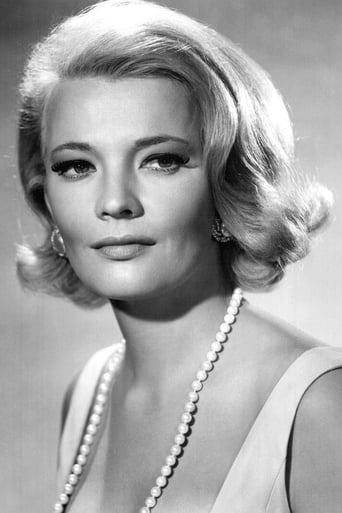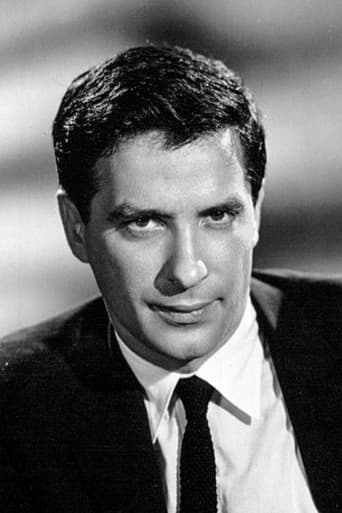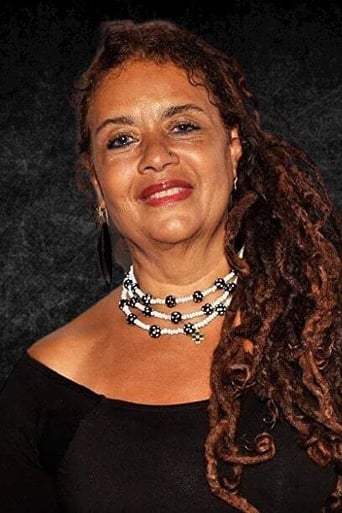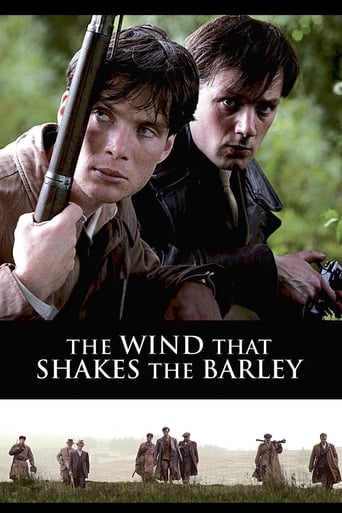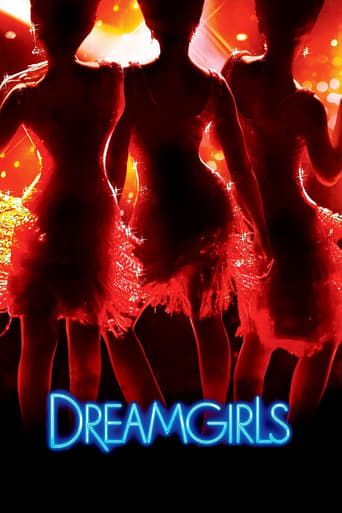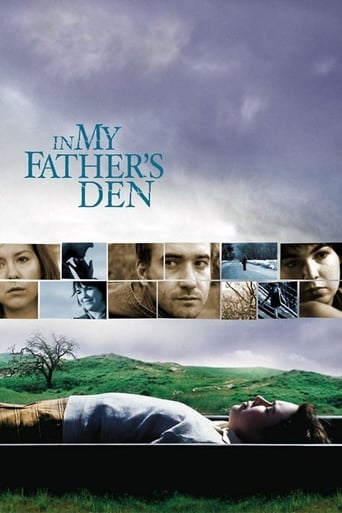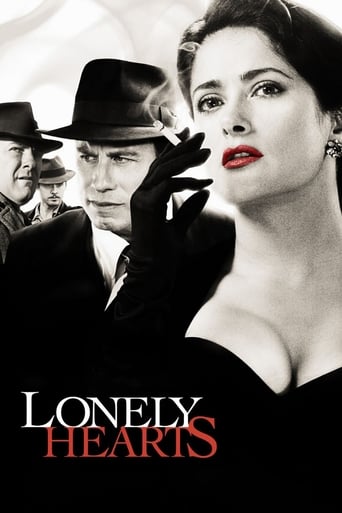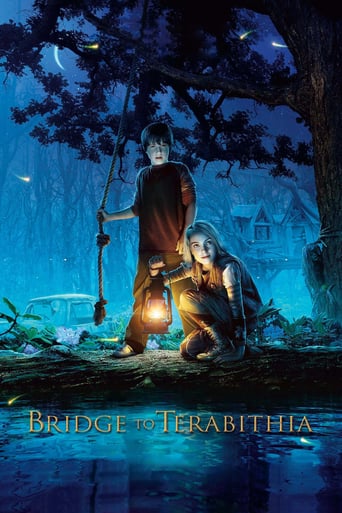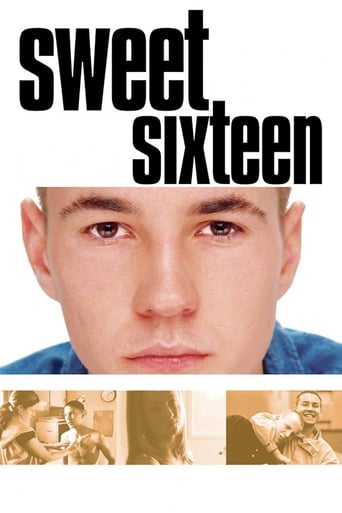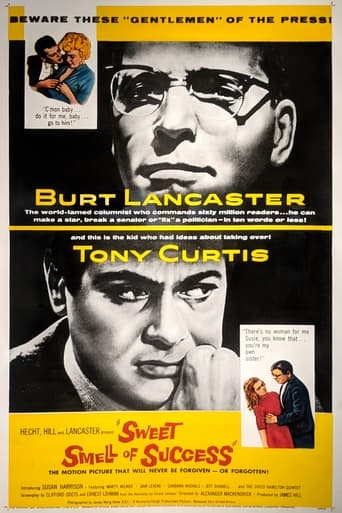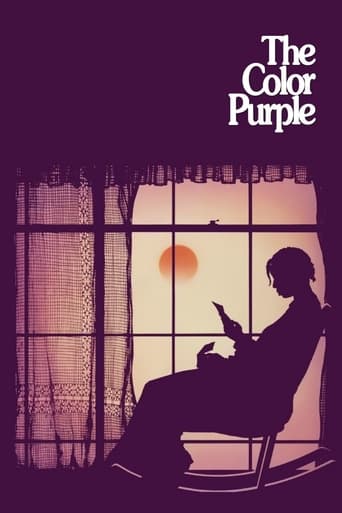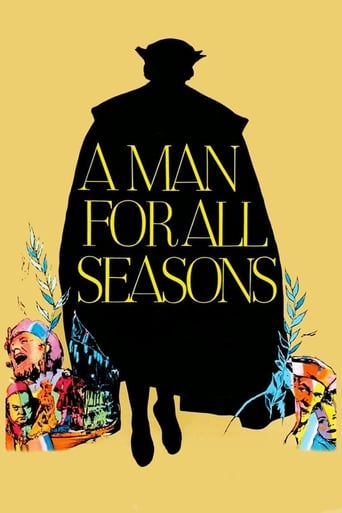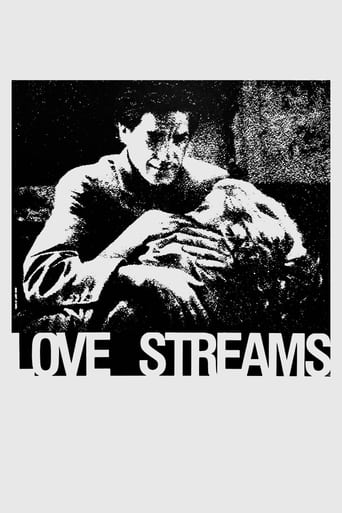
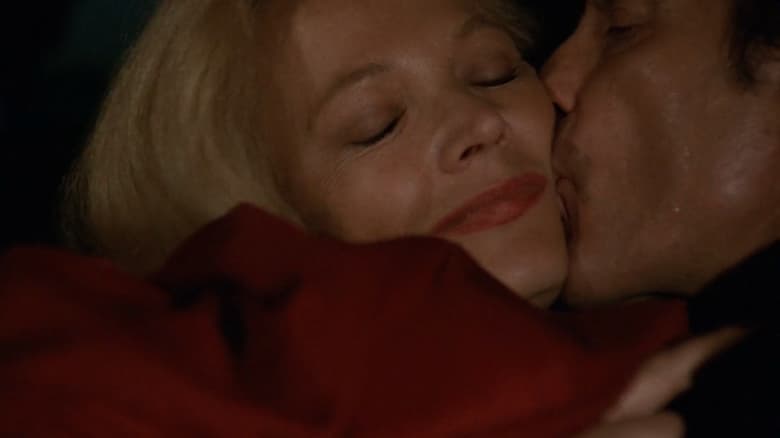
Love Streams (1984)
Two closely-bound, emotionally wounded siblings reunite after years apart.
Watch Trailer
Cast


Similar titles
Reviews
Purely Joyful Movie!
Good story, Not enough for a whole film
For all the hype it got I was expecting a lot more!
The movie really just wants to entertain people.
Love Streams feels like the last in an unofficial trilogy of films where Gena Rowlands played "women under the influence" for Cassavetes. Like in A Woman Under the Influence she plays a woman who appears to love too much and feel too intensely, which alienates her from her family. As with Opening Night Cassavetes departs further from his naturalistic , hanheld camera style and he gives us a view of the inside workings of his protagonists mind. We see things only Rowlands' characters see. Unlike with the two earlier films, here gets a kindred spirit in Cassavetes' equally troubled character.For the first half the film cuts back and forth between two protagonists, one a womanising, insomniac alcoholic writer, the other a just divorced mother with mental health issues. Having lost custody of her daughter, she returns from a manic jaunt round Europe. Cassavetes and Rowlands characters meet an hour into the film (the nature or their relationship doesn't become clear till later) and they both increasingly lose control, till it all ends with a small menagerie of animals and a surreal musical sequence worthy of David Lynch.Absolutely amazing and never miserable as it's also darkly funny and ultimately a strangely hopeful film. A sequence where Cassavetes' absent father is asked to look after his eight year old son for a day by one of his ex-wives, gets the kid drunk and takes him to Vegas is an appalling, yet wickedly funny depiction of truly terrible parenting.Rowlands is one of the greatest of all screen actors and she is still criminally underrated. She played emotionally/mentally vulnerable women without a shred of sentimentality or self-pity. There is a defiant toughness to her characters which makes her as electrifying as Brando at his best. Despite playing several characters with mental health issues for Cassavetes, she never allowed herself to come across as victimised. Awards voters love an obvious victim turn, so this may be why she's never been properly recognised by the Academy. Here she plays a woman who loves too much, which becomes too much to deal with for everyone but Cassavetes' equally damaged character. With an actress who would have made less interesting choicest, this could have come off as maudlin but Rowlands' performance undermines any emotional vanity or sign-posting. She never tells you how you should feel about her characters, which is what makes her so compelling.Cassavetes too gives a fantastic performance. The characters in his films feel so alive and unpredictable, there is constant tension, it feels like anything could happen. Cassavetes, the godfather of the American indie film, at this point had abandoned the cinema verite style he had basically invented. The film has a dreamlike quality, features a shape shifting dog and ends with a mini-opera.
Perhaps it's because I so recently saw "A Woman Under the Influence", but I found this movie predictable and self indulgent. It's pretty much the same movie, just shifted from middle-class Queens to too-much-money-and-no-responsibility California.Rowlands plays essentially the same character, with the same behaviors, and predictably unfortunate impacts on family life. In this movie, Cassavetes is also a very damaged character, but we get no hint of what caused either of them to be broken. We just watch them practicing their brokenness.This movie has the same joyless, unchanging lighting as "A Woman Under the Influence", the style of cinematography is the same. So for me it was too repetitive and predictable. (There is one funny spot where the camera crew is clearly visible, but I don't think that was intended, just a lack of editing).Not trying to take away from the very important contribution and influence of Cassavetes. But as a previous reviewer said, this one is for Cassavetes fans only.
Two closely bound, emotionally wounded siblings (real-life spouses John Cassavetes and Gena Rowlands) reunite after years apart.Unlike his earlier films that were independent and in many ways raging against the Hollywood system, this time Cassavetes is working for Cannon, a company perhaps now best known for their 1980s action films. How much control they had over him is unclear, but allegedly they did attempt to keep him in line.But the Cassavetes of old is still here. He has his regular acting troupe: Seymour Cassel as Jack Lawson, Al Ruban (who was also cinematographer) as Milton Kravitz, and of course his wife Gena Rowlands. And there is still a bit more conversation than some viewers might like (Cassavetes has a hard time keeping his films under two hours).Roger Ebert gave the film 4 stars, noting "Viewers raised on trained and tame movies may be uncomfortable in the world of Cassavetes; his films are built around lots of talk and the waving of arms and the invoking of the gods... Sometimes (as in 'Husbands') the wild truth-telling approach evaporates into a lot of empty talk and play-acting. In 'Love Streams', it works." Indeed, this is the biggest drawback to Cassavetes' films: his love for excessive dialogue that does not advance the plot. While it does exist in "Love Streams", it seems to not be as grandiose as in the past.
After "Faces", the Cassavetes' experiment that created a revolution of form (cinema verite used for fictional narrative when this was absolutely 'unacceptable' in Hollywood), "Love Streams" gets my vote for his very best work, and one of his two or three true masterpieces. Both John and Gena give the performances of their lives, using their history with each other to create a natural intimacy as brother and sister that is second to none. John also knew he was dying and gave everything left of himself for the camera, and as filmmaker. The project was developed from a play and performed many times in front of audiences with Jon Voight in the lead: another experiment that delivered a unique depth to the material; and after seeing both the play and the movie, I'd say John taking over for Jon was an inspired decision by both of them. When the movie came out, it only played about a week (to comply with a contract with Cannon) before being shelved, not even put out on the art theater or revival circuit. I actually worked at Cannon, where rumor had it that Golem was punishing John for not cutting even a minute out of the long movie. Imagine cutting a masterpiece for just a few more screenings! "Love Streams" should eventually find its way to the recognition that it is one of American cinema's greatest achievements.


